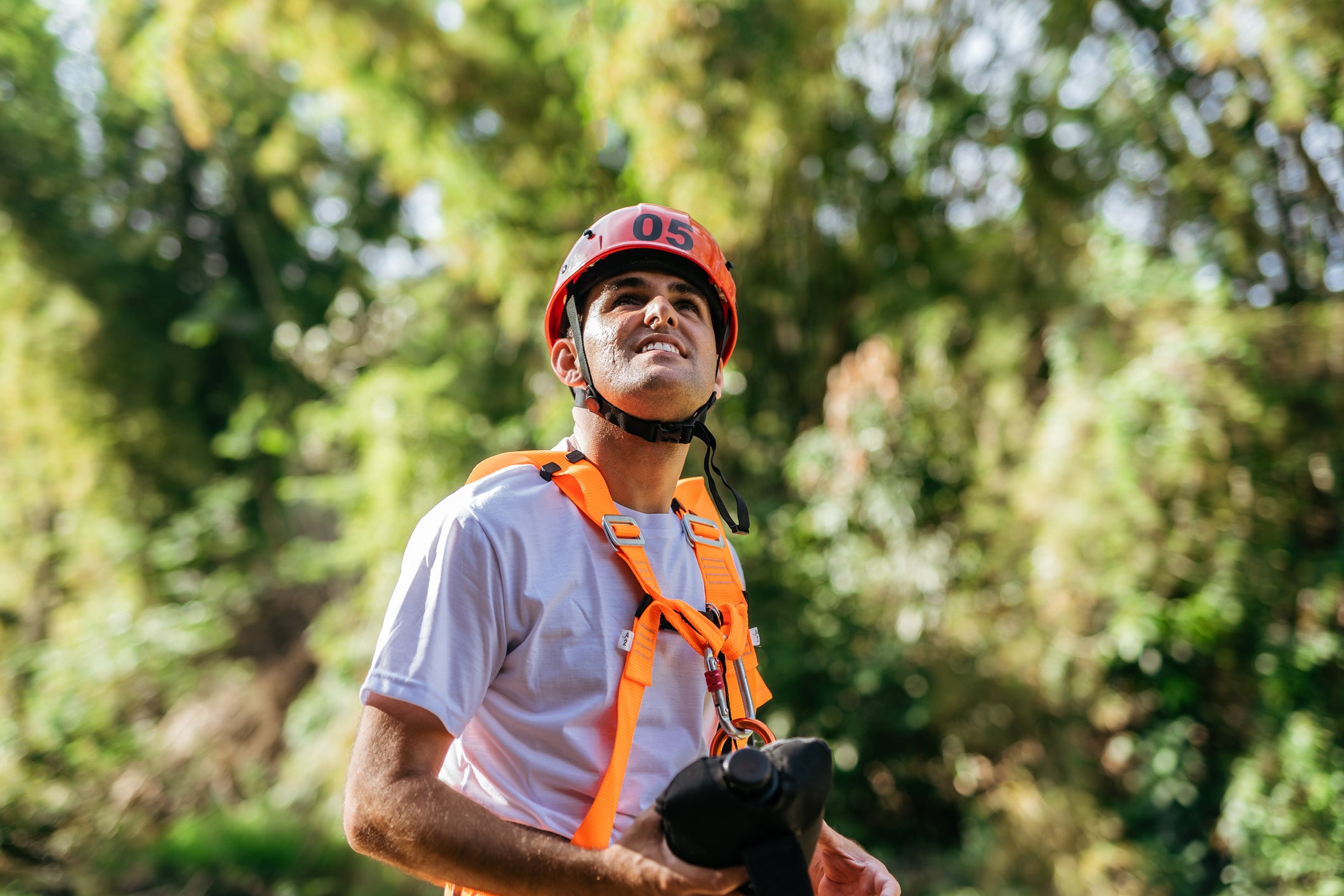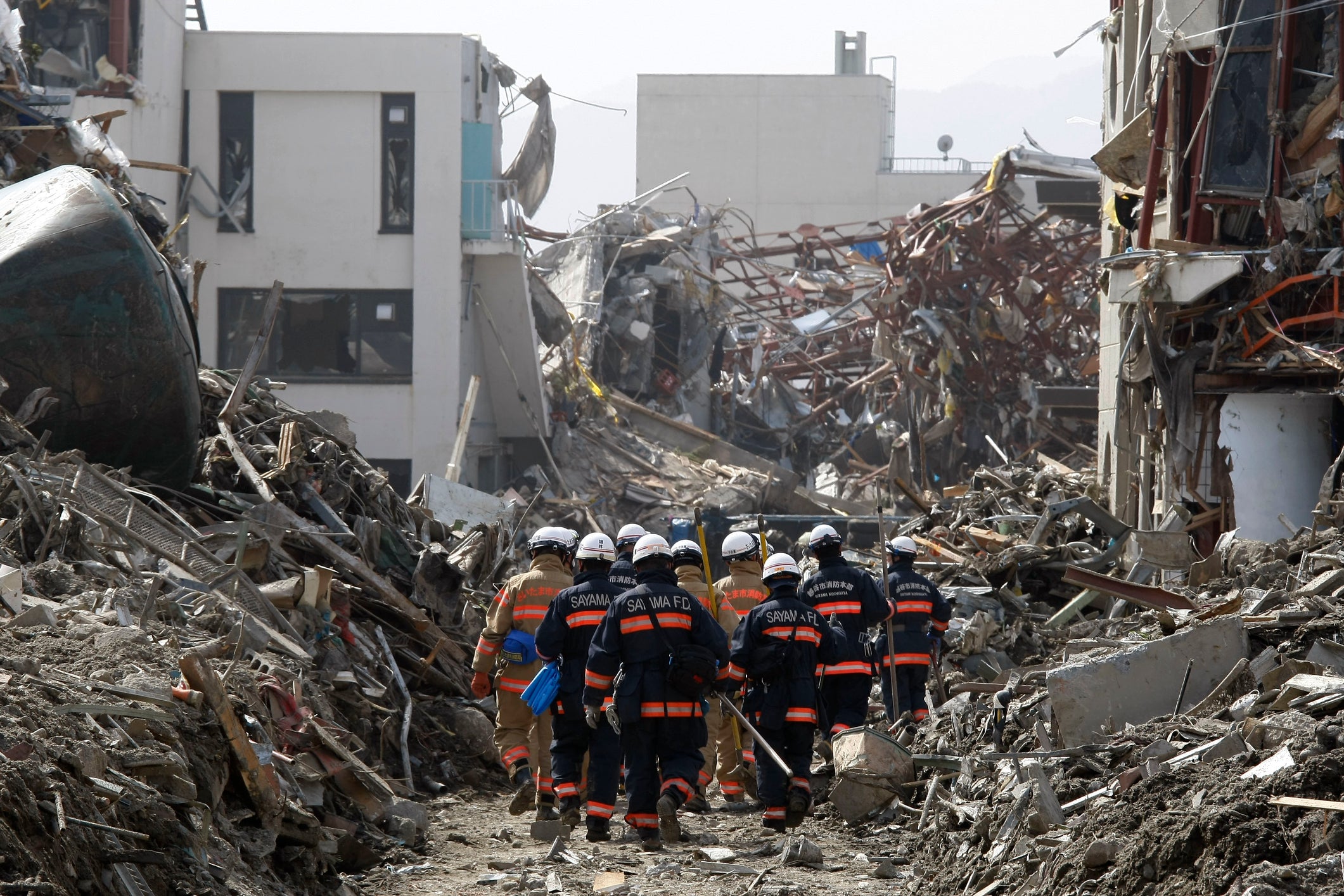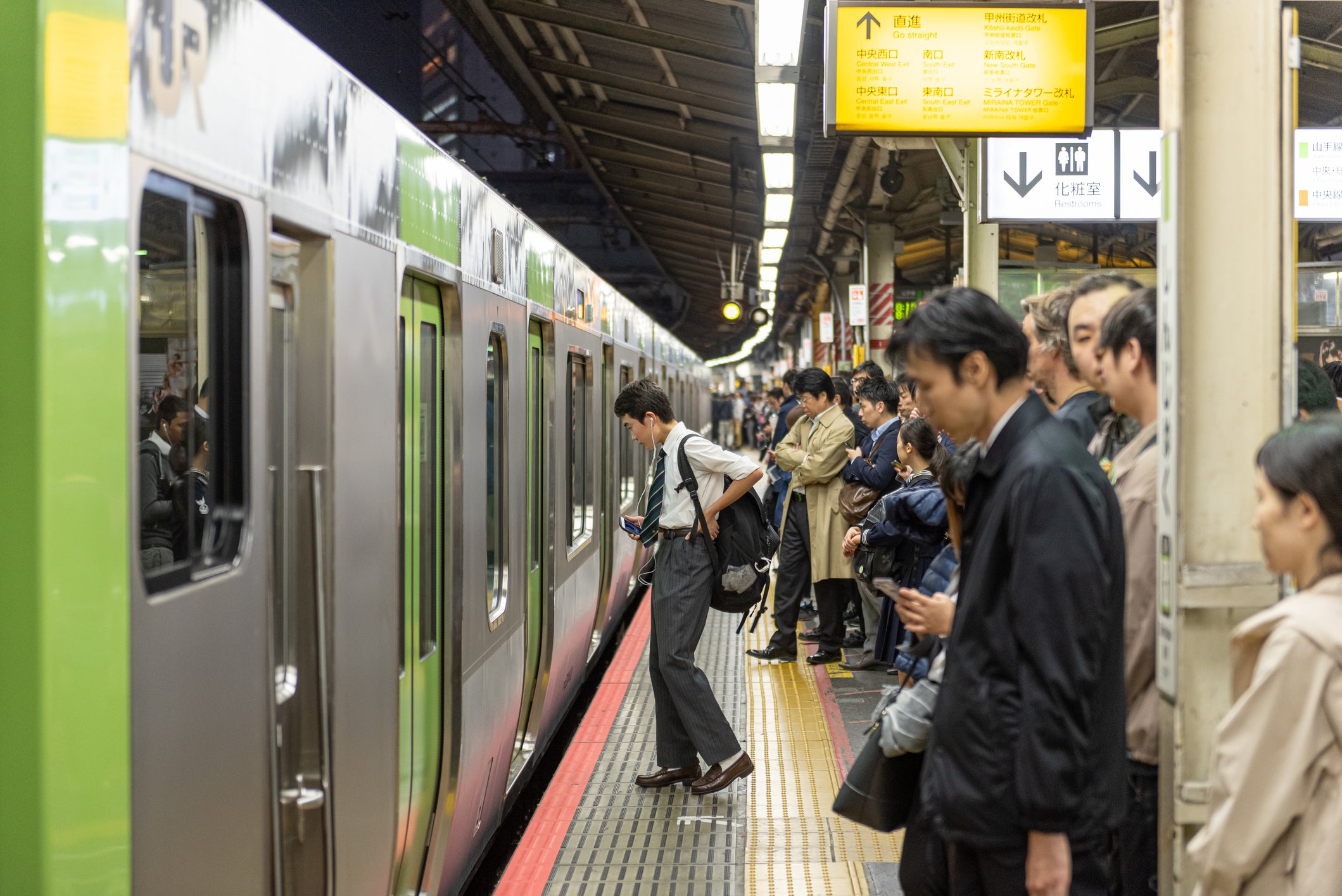Importance and encouragement of volunteer activities for disaster prevention
table of contents
Introduction
1. Role in reducing the impact on the region
2. Strengthening regional cohesion
3. Improving personal skills and contributing to society
4.Education and awareness raising
5. Collaboration with government and NGOs
summary
Introduction
Natural disasters can cause significant damage to people's lives and property, and the cooperation of individuals and local communities is essential to reducing their impact. Volunteer activities for disaster prevention play an important role in ensuring the safety of local communities. This article details the importance and encouragement of disaster prevention volunteering.
1. Role in reducing the impact on the region
1-1 Prompt response and provision of appropriate support
When natural disasters occur, victims quickly need assistance. Disaster prevention volunteers act quickly when a disaster occurs and carry out activities necessary in an emergency, such as setting up and operating evacuation centers, distributing food and supplies, and providing emergency medical care. This will ensure the safety and maintenance of the lives of disaster victims.
1-2 Information transmission and communication coordination
Disaster prevention volunteers play an important role in supporting the communication of information to local residents. Accurate and appropriate information is essential during disasters, but communications infrastructure can sometimes go down. Volunteers can help minimize disruption by providing verbal information and directing people to a safe location.
1-3 Psychological support for disaster victims
People affected by natural disasters can suffer not only physical damage but also psychological damage. Disaster prevention volunteers provide psychological care and support to disaster victims, providing a sense of security. Support the psychological recovery of disaster victims by offering words of encouragement and empathy.
1-4 Disaster recovery support
Volunteer activities continue to play an important role even after the disaster has subsided. During the recovery period, cleaning and restoration work will be carried out in the disaster-stricken areas, and reconstruction of housing and public facilities will take place. This will facilitate the early recovery of the area and help residents get their lives back on track.
1-5 Regional strengthening and sustainability
Disaster prevention volunteer activities also contribute to regional strengthening and sustainable development. By building a cooperative system among local residents during disasters, the resilience of the entire region will improve and it will be able to stand up to future disasters more strongly.
1-6 Strengthening community cohesion
Disaster prevention volunteer activities also serve as a factor that increases community cohesion. Volunteer participants work together as local residents and share their experiences of working together in difficult situations. This will deepen regional relationships of trust and further strengthen cooperative systems.
2. Strengthening regional cohesion
2-1 Fostering common goals and values
Volunteer work provides an opportunity for community members to share common goals and values. In times of disaster, it is necessary to work together to keep the community safe, and having this common goal strengthens the bond among residents. Through volunteer activities, you can foster a sense of community unity and pride.
2-2 Building and strengthening relationships of trust
Volunteer work helps build and strengthen trust by providing opportunities for local residents to work together. The process of working together builds good relationships with other residents and fosters an attitude of mutual support. This will create a foundation for the safety and development of the entire region.
2-3 Promoting communication
Volunteer work provides an opportunity for local residents to communicate. By working together, interactions between residents will increase, leading to the exchange of opinions and information sharing. This will enable smoother information transmission within the region and more effective responses to issues.
2-4 Establishing a cooperative system
Through volunteer activities, local residents have the opportunity to build a cooperative structure in times of disaster. The experience of working together in crisis situations and addressing challenges will strengthen cooperation within the region. This cooperation system enables a quick and effective response when disasters occur.
2-5 Fostering awareness of participation and contribution
Through volunteering, local residents can realize the importance of their own participation and contribution. By playing an active role as a member of the local community, children develop a greater sense of attachment to and responsibility for the local community. This will further strengthen regional cohesion.
2-6 Raising awareness of disaster prevention and preparation
Volunteer activities provide an opportunity to increase disaster prevention awareness. By working together with local residents, they will realize the importance of disaster prevention and appropriate response measures, and their awareness of this will increase. A common interest in disaster prevention will further strengthen the unity of the entire region.
3. Improving personal skills and contributing to society
3-1 Improving personal skills
① Improving communication skills
Volunteer work provides an opportunity to collaborate and collaborate with local residents and peers. Your communication skills will improve as you share information and exchange opinions. The ability to communicate smoothly with disaster victims and other volunteers is also important during disasters.
②Development of leadership skills
Volunteering provides opportunities to mentor and coordinate yourself and other volunteers. Develop your leadership skills by acting as a team facilitator and leader. You will develop the ability to decide on policies and act effectively even under difficult circumstances.
③ Refinement of crisis management skills
Disaster prevention volunteer activities require situational judgment and quick response in the event of a disaster. Developing crisis management skills will improve your ability to remain calm and make good decisions in chaotic situations.
④ Strengthening teamwork and cooperation skills
Volunteer work requires team work and cooperation. By working together, you can develop your cooperation and cooperation skills with other members. Effective teamwork is important because each individual's role and contribution influences the outcome.
3-2 Social contribution
① Feeling of contributing to the local community
Disaster prevention volunteer activities provide awareness and joy of contributing to the local community. Contributing to the safety and development of local communities through your own efforts will increase your attachment to and pride in your local community.
②Support and empathy for disaster victims
Disaster prevention volunteers foster a spirit of empathy and solidarity by providing support to disaster victims. You can feel that you are contributing to society by directly alleviating someone's difficulties through your help.
③Promoting regional safety and development
Disaster prevention volunteer activities contribute to improving local safety measures and disaster prevention awareness. We promote sustainable development of the region by increasing the resilience of the entire region and contributing to reducing future disaster risks.
④Increase in social influence
Through volunteering, you can increase your influence and credibility within your community. Your active participation and contribution will earn you respect in your community and inspire others to take positive action.
4.Education and awareness raising
4-1 Improving education
① Dissemination of disaster prevention knowledge
Volunteer activities create opportunities to provide disaster prevention knowledge to local residents. Disaster prevention volunteers play a role in disseminating information about disaster risks and appropriate countermeasures. Through seminars and workshops, residents can acquire the knowledge to take appropriate actions in the event of a disaster.
② Formulation of evacuation plan and training
Volunteer work provides opportunities for evacuation planning and training. By learning evacuation routes, the location of evacuation centers, and what to bring when evacuating, residents will be able to evacuate quickly and effectively in the event of a disaster.
③Education regarding disaster reconstruction and recovery
Through volunteer work, you can provide education about disaster recovery and recovery to local residents. Participating in clean-up, restoration work, and reconstruction projects in disaster-stricken areas can help residents better understand the post-disaster recovery process.
4-2 Raising awareness
①Awareness and understanding of disaster risks
Disaster prevention volunteer activities play a role in increasing residents' awareness and understanding of disaster risks. Disaster prevention volunteers convey the reality of disasters and deepen their understanding of their impacts and possibilities, allowing local residents to take more realistic measures.
②Promoting appropriate actions in emergencies
Through volunteer activities, we educate residents about the importance of taking appropriate action in emergencies. Disasters require calm judgment and effective action, but residents with appropriate awareness and training can minimize disruption.
③Cultivating a culture of disaster prevention
Volunteer activities help foster a culture of disaster prevention within the community. By raising disaster awareness and creating an environment where disaster prevention becomes a normal habit, residents can voluntarily participate in disaster prevention activities and support safety throughout the region.
④Promoting sustainable lifestyles
Volunteering promotes a sustainable lifestyle and respect for the environment. By increasing local residents' awareness of appropriate resource use and environmental protection, sustainable development of the region is supported.
5. Collaboration with government and NGOs
5-1 Cooperation with the government
① Information sharing and coordination
Government agencies play a central role in providing guidance and information during disasters. Disaster prevention volunteer activities work closely with government agencies, sharing information and coordinating, ensuring consistency and effective implementation of disaster prevention measures.
②Optimum utilization of resources
Governments have human and material resources, and by working with volunteerism they can make optimal use of these resources. While receiving support from the government, volunteer activities can effectively support disaster victims and advance reconstruction efforts.
③Legal support and guidance
Governments have a role to play in providing legal regulations and guidance. Ensuring that volunteer activities are carried out within a legal framework ensures transparency and safety.
④ Coordination and guidance in emergencies
Government agencies provide emergency guidance and coordination when disasters occur. Volunteer work can play a role in providing appropriate support while complying with government instructions. Operating under government control avoids confusion and conflict.
5-2 Cooperation with NGOs
①Sharing specialized knowledge and experience
Non-governmental organizations ( NGOs ) have specialized knowledge and experience in specific fields. By collaborating with volunteer activities and NGOs , you can carry out more effective activities while receiving specialized support and guidance.
②Access to the region and building relationships
NGOs have networks to build relationships with local residents. By collaborating with NGOs , volunteer activities will have easier access to the local area, making it possible to smoothly provide support and information to disaster victims.
③Efficient use of resources
NGOs can provide valuable resources, such as in organizing and training volunteers. When volunteer activities receive specialized support from NGOs , it becomes possible to formulate and implement effective activity plans.
④Understanding and responding to local needs
NGOs have the ability to understand local needs and challenges and provide appropriate countermeasures. By working together, volunteering and NGOs can provide support tailored to the specific needs of local communities.
summary
Volunteer activities for disaster prevention are an important part of supporting the safety of local communities and an important means of minimizing damage from natural disasters. Its value has been demonstrated in a variety of ways, including improving individual skills, strengthening community cohesion, and raising education and awareness. Local residents should be encouraged to actively participate in volunteer activities and contribute to the safety and development of their communities.








